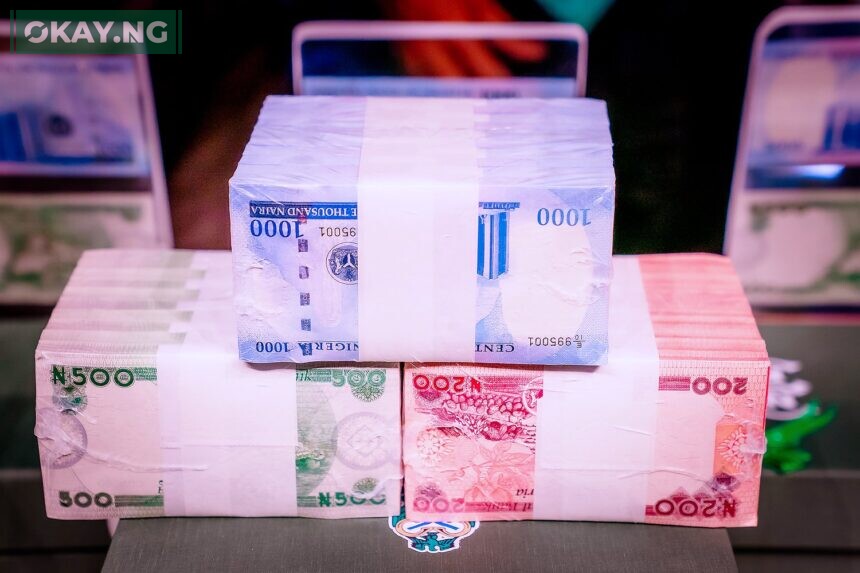The Central Bank of Nigeria (CBN) on December 6, 2022, announced new limits on cash withdrawals, with individuals limited to N100,000 per week and organizations limited to N500,000 per week. This means that individuals will not be able to access more than N20,000 per day. The new measures, which follow the announcement of the replacement of higher naira notes, will take effect from January 9, 2023.
The move is part of the CBN’s push to reduce the amount of cash in circulation and encourage the use of electronic payment methods. This has a number of benefits, including increased financial inclusion, improved transparency and accountability, and reduced opportunities for corruption and money laundering.
The CBN has been implementing a series of measures to promote the use of electronic payment methods, including the introduction of the Bank Verification Number (BVN) system, which has helped to reduce fraud and improve security. The new limits on cash withdrawals are intended to further support the transition to a cashless economy.
The CBN has also been working with banks and other financial institutions to increase access to financial services, particularly in rural areas. This has helped to improve financial inclusion and provide more people with access to the benefits of the formal financial system.
The new limits on cash withdrawals are likely to be met with some resistance, particularly from those who are accustomed to using cash for their transactions. However, the CBN has emphasized that the measures are necessary to support the development of the Nigerian economy and to encourage the use of electronic payment methods. Over time, it is expected that the benefits of the cashless policy will become more apparent, leading to greater support for the measures.












